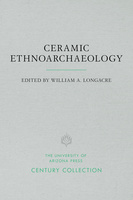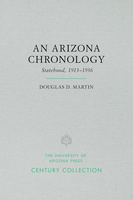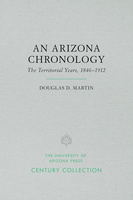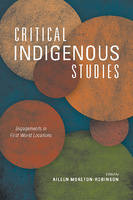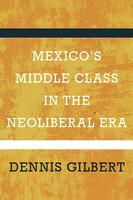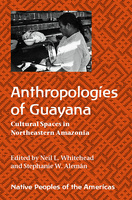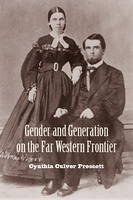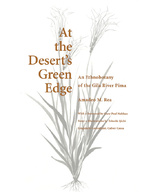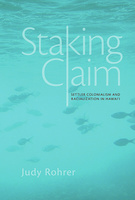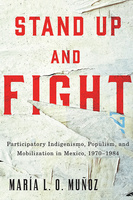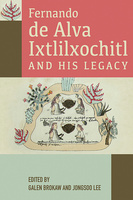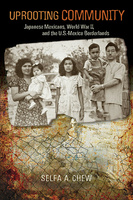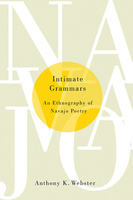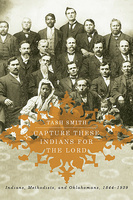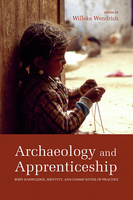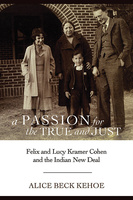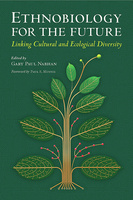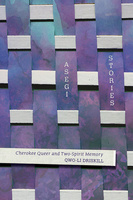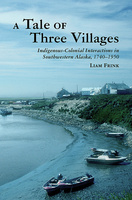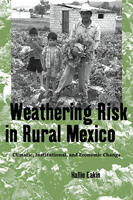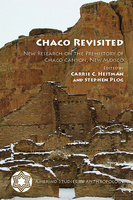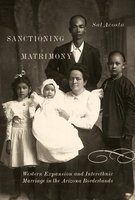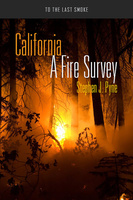The University of Arizona Press is the premier publisher of academic, regional, and literary works in the state of Arizona. They disseminate ideas and knowledge of lasting value that enrich understanding, inspire curiosity, and enlighten readers. They advance the University of Arizona’s mission by connecting scholarship and creative expression to readers worldwide.
An Arizona Chronology
Statehood, 1913–1936
With the River on Our Face
Ancient Plants and People
Contemporary Trends in Archaeobotany
Mañana Means Heaven
Dodger Blue Will Fill Your Soul
Critical Indigenous Studies
Engagements in First World Locations
Stealing the Gila
The Pima Agricultural Economy and Water Deprivation, 1848-1921
The Southwest
A Fire Survey
The Southwest is part of the multivolume series describing the nation’s fire scene region by region. The volumes in To the Last Smoke also cover California, the Northern Rockies, the Great Plains, Florida, and several other critical fire regions. The series serves as an important punctuation point to Pyne’s 50-year career with wildland fire—both as a firefighter and a fire scholar. These unique surveys of regional pyrogeography are Pyne’s way of “keeping with it to the end,” encompassing the directive from his rookie season to stay with every fire “to the last smoke.”
The Northern Rockies
A Fire Survey
The Northern Rockies is part of the multivolume series describing the nation’s fire scene region by region. The volumes in To the Last Smoke also cover Florida, the Northern Rockies, the Great Plains, the Southwest, and several other critical fire regions. The series serves as an important punctuation point to Pyne’s 50-year career with wildland fire—both as a firefighter and a fire scholar. These unique surveys of regional pyrogeography are Pyne’s way of “keeping with it to the end,” encompassing the directive from his rookie season to stay with every fire “to the last smoke.”
Discovering Paquimé
New Lives for Ancient and Extinct Crops
Learning the Possible
Mexican American Students Moving from the Margins of Life to New Ways of Being
Learning the Possible chronicles the experiences of five academically underprepared Mexican American students in their first year of college, aided by a federally funded one-year scholarship and support program called the College Assistance Migrant Program. CAMP works, says Reyes, and does so primarily by helping students develop new identities as successful learners.
Archaeological Anthropology
Perspectives on Method and Theory
In this collection, four generations of Longacre protégés show how they are building upon and developing—but also modifying—the theoretical paradigm that remains at the core of Americanist archaeology. The contributions focus on six themes prominent in Longacre’s career: the intellectual history of the field in the late twentieth century, archaeological methodology, analogical inference, ethnoarchaeology, cultural evolution, and reconstructing ancient society.


